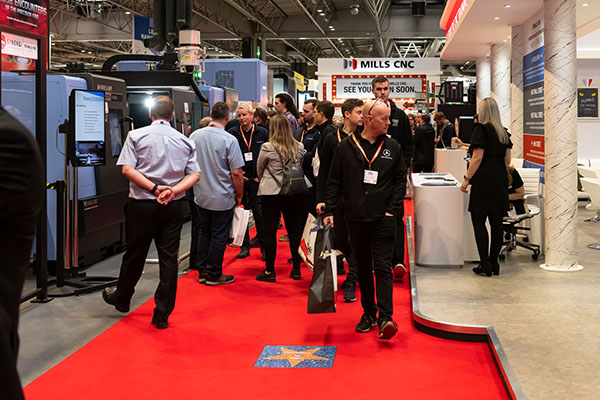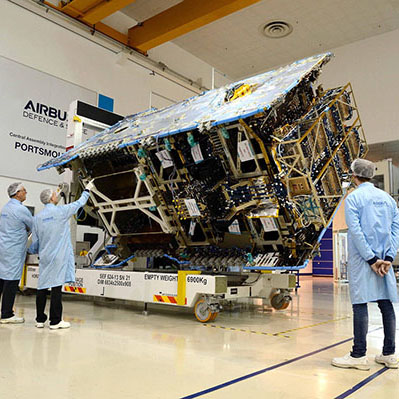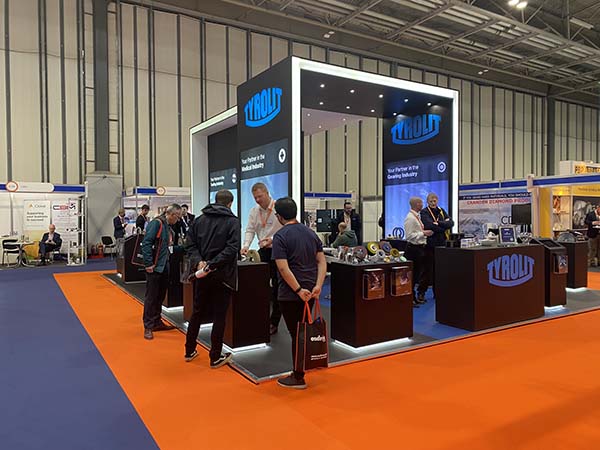
Headquartered in Fontwell, West Sussex and operating from four sites near the south coast of England, GTR Composites is known for supplying Formula One teams with carbon-fibre components and assemblies. The subcontractor has produced lightweight chassis and other large parts from composite materials for a long time, but at the beginning of 2021 it started final-machining them to tolerances measured in tens of microns.
The introduction of this new service followed the purchase of a German-built Zimmermann FZU400 five-axis machining centre, installed at GTR’s Bognor Regis facility at the end of 2020 by UK sales and service agent Kingsbury. Having a 4000 x 3000 x 1250 mm working envelope, the portal machine was selected from a shortlist of three due to its ability to hold very high accuracy.
For example, a positional tolerance of 50 µm is achieved on features across a full chassis, while holes and counterbores are held to within 10 or 20 µm. As the components are of high value, GTR adopts a policy of having an operator permanently in attendance, even when the FZU400 is running overnight.
Simon Kingdon-Butcher, joint owner (with John Biddlecombe) of GTR, says: “The Zimmermann machine stood out in terms of its rigidity, which translates into the tight tolerances we are able to hold when cutting carbon fibre. We’re able to impress our customers by hitting really tight limits that our competitors cannot achieve.
“High spindle power – 34 kW continuous/41 kW peak – enables us to rough aluminium moulds, while spindle speeds up to 24,000 rpm means their surfaces can be finish-machined to very high quality using minimum quantity lubrication,” he adds. “MQL also enables us to mill and drill carbon fibre components containing titanium or aluminium inserts in the presence of a specific type of coolant approved by our customers.”
For further information
www.kingsburyuk.com
























